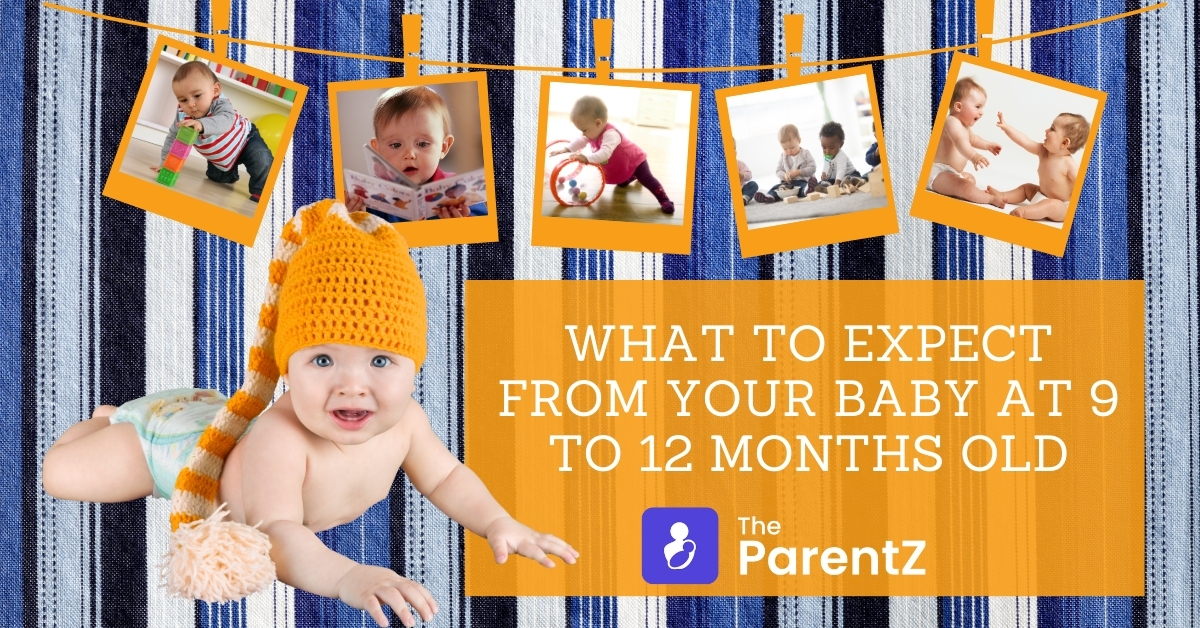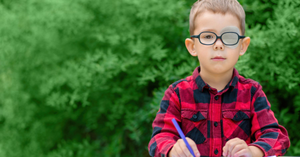When your baby gets close to their first birthday, they are going into a time of amazing growth and development. In the next few months, kids will learn new ways to move and grow their word lists. This is filled with fun things happening soon. Here is a full guide about the growth journey from 9 to 12 months.
Motor Skills: Crawling, Pulling Up, and Cruising
From 9 to 12 months, your baby’s body skills go up a lot. Many babies begin to crawl, discovering their world with new freedom. This movement gives them a whole new world. Help this big step by making a safe place for discovering and keeping your home secure. At this time, you’ll probably see your baby getting up to stand. Holding onto furniture, they might begin “walking” sideways while being supported. Some babies might even start walking, but it may be a bit shaky.
To support motor skills:
Provide Supportive Furniture: Put strong furniture for your baby to grab onto when they stand and move around. This helps them become strong and sure of themselves.
Floor Play: Let them play on the floor a lot to make their crawling better. Put fun toys in different places to make kids want to move.
Encourage Steps: If your baby wants to walk, help them carefully by holding their hands. Think about getting a toy that they push for more balance.
Language Development: Babbling and First Words
Now, your baby is starting to talk and show feelings more. Talking gets better, and you might see them copy the ways of saying things and sounds from your talks. Some babies may utter their first words, often simple ones like “mama” or “dada.” To foster language development:
Engage in Conversations: Be happy and talk back to your baby when they make sounds. Keep looking into their eyes and have talks to help them use their voice better.
Read Aloud: Keep reading stories to your baby. Show them books with more difficult plots and bright pictures. Show things and give them names, helping to grow their word list.
Imitate Sounds: Promote copying by making various noises and faces. Your baby might begin to copy these, making their talking skills better.
Fine Motor Skills: Pincer Grasp and Exploratory Play
From 9 to 12 months, your baby’s small movements get better. They get better at using their thumb and forefinger together, making it easier for them to grab tiny things. This newfound dexterity opens the door to more sophisticated exploratory play:
Provide Finger Foods: Give different types of small snacks to help kids eat by themselves. This not only improves small hand movements but also helps to be more independent during meals.
Exploration with Objects: Add toys that make kids use their hands, like stacking blocks or cups that fit inside each other. This aids in improving their ability to coordinate what they see with how they use their hands.
Sensory Play: Include fun activities like finger painting or playing with different textures to excite their senses and improve hand skills.
Cognitive Development: Problem-Solving and Object Permanence
As your baby gets closer to being one year old, their thinking skills keep changing. They get better at solving problems. They also begin to understand the idea of object permanence more fully.
To support cognitive development:
Interactive Games: Play games that use easy thinking, like hiding a toy and getting them to look for it.
Imitative Play: Give toys that look like real-world things, so your baby can pretend to do everyday tasks. This helps them to better understand the world they are in.
Structured Playtime: Add in organized play time with toys suitable for their age that test thinking skills, encouraging curiosity and discovery.
Social and Emotional Development: Independence and Attachment
As your baby starts to move more and share feelings, you’ll see improvements in social skills and emotional growth. They might show more independence, trying to feed themselves or showing likes and dislikes.
Attachment to familiar faces, especially parents, remains crucial:
Encourage Independence: Let your baby try feeding themselves using fingers and a spoon. This encourages a feeling of independence.
Emotional Support: Listen to your baby’s signals and give them comfort when they need it. Praise their successes, strengthening a strong emotional connection.
Social Interaction: Set up playdates or group events to help kids interact with others. This helps your baby get used to seeing different faces and people’s characters.
In these important months, remember that each baby grows at their own speed. Watch your child’s progress closely and cheer for the special journey they are taking. If you ever worry about their growth, talk to your kid’s doctor for help and comfort. Have fun during this exciting time as your baby changes from a crawler to a walker, exploring the world with new skills and curiosity.





Be the first one to comment on this story.